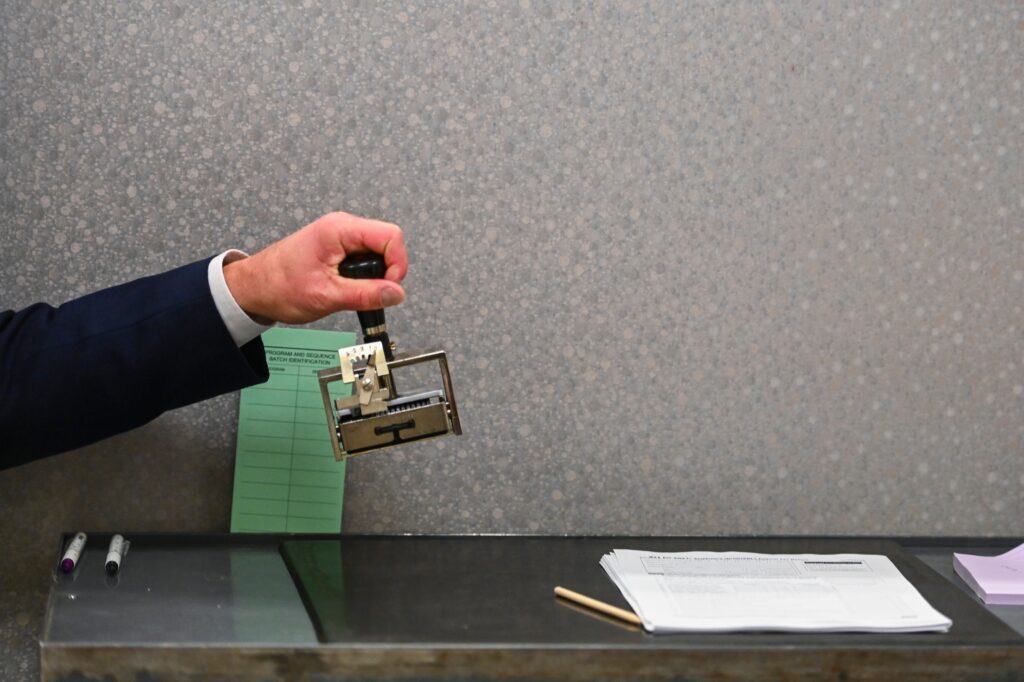A federal judge has ruled against the Trump administration in a case challenging its plan to share personal taxpayer information with immigration enforcement authorities. If the income tax laws mean what they say, the ruling is the right one.
The IRS has more personal information on individual Americans than probably any other government agency. Such is the nature of collecting an income tax. Keeping that information secure must be a top priority.
The privacy laws that govern the IRS allow for disclosure of tax information to other government agencies only for specific purposes. These are mostly limited to individual cases in which a criminal investigation is ongoing.
The laws do not allow for what Immigration and Customs Enforcement wanted, which was the taxpayer information for millions of illegal immigrants. To satisfy the law’s requirement that disclosures only be made to agency employees “personally and directly engaged” in a criminal investigation, ICE told the IRS that one of its employees was “personally and directly engaged” in over a million immigration cases. This laughable claim did not fly in court.
Congress has amendedthe IRS privacy laws in the past to allow for greater coordination with law enforcement, such as to combat terrorism after 9/11. But the legislative branch has repeatedly refused to do so for immigration enforcement.
The reasoning is simple: It’s called an “income tax” and a “payroll tax,” not a “citizen tax.” Illegal immigrants and other noncitizens, when they make income, are supposed to pay taxes. If they know that paying taxes to the IRS will open them up to ICE scrutiny, they are unlikely to pay.
As a more general principle, complying with the Internal Revenue Code should not count as a strike against someone suspected of breaking some other law. It is up to the government agency tasked with enforcing that other law to prove it was broken. They shouldn’t get an assist from the tax collectors, and taxpayers deserve an expectation of privacy.
The IRS has been delinquent in meeting that expectation in recent years, as President Donald Trump, of all people, should know. Charles Littlejohn, an IRS contractor, leaked Trump’s tax returns, and the returns of many other wealthy individuals, to the public beginning in 2020. For this egregious breach of privacy, Littlejohn was sentenced to five years in prison, the maximum sentence available.
For the income tax system to work, taxpayers need to be able to trust that their personal information won’t end up in the public domain or used against them in nontax investigations. In light of recent failures, the IRS needs to strengthen its taxpayer privacy protections, not loosen them to assist mass deportations.
The post Court ruling rightly safeguards taxpayer privacy appeared first on Washington Post.




